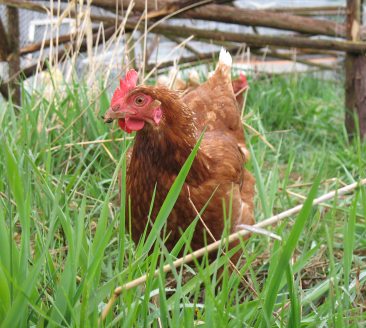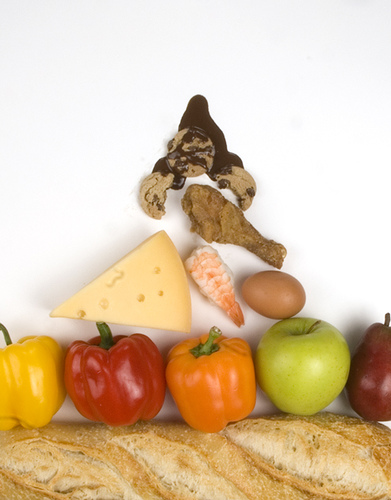Ecomomic splendor in the grass. I just completed a profile of one of the most exciting food production ideas I have seen in a long time. Hillside Farmers Co-op. in Northfield, Minnesota, initiated by Latino immigrants, raises free-range chickens on scattered small, one-quarter acre sites. This makes it a great model for urban farmers as well as rural.
By staying small, co-op leader, Regi Haslett-Marroquin told me, Latino farmers will be able to start a farm even though they have very little capital to work with. In just a few weeks, each farm can sell about a thousand chickens. That quick turnaround will be key to building savings. Over time, it will allow farmers to make more expansive choices in the future, he says – perhaps to buy their own land, or to start supportive businesses in the region. By keeping each production unit small and family-sized, Marroquin believes, farmers can have a great deal of independence, and the network of small producers can more easily respond to changing market conditions.
Start-up costs are relatively small. The Co-op has designed simple chicken barns, framed from wood and covered wi... Read more


